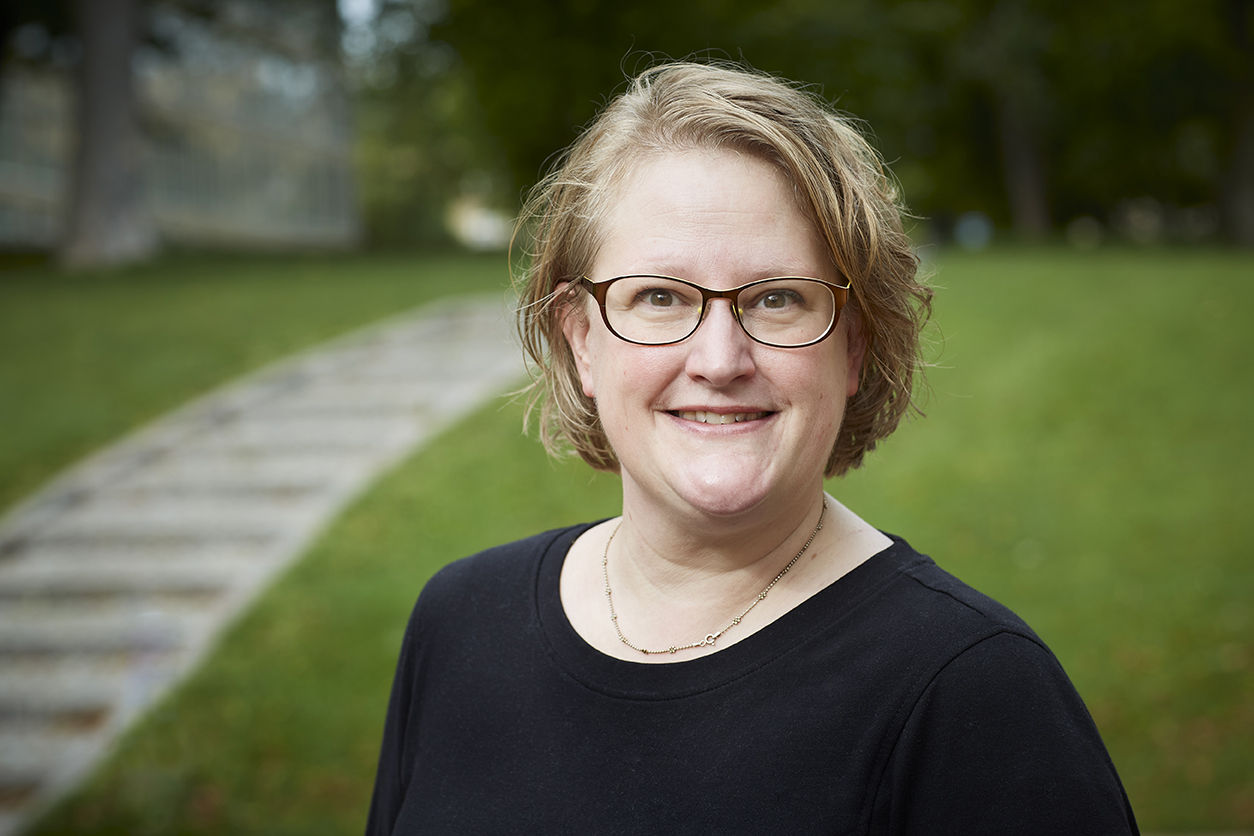AIAS Seminar: Karen Gram-Skjoldager, AIAS Fellow
When International Organizations Improvise: Institutional Responses to European Security Crises, 1920-2000

Online via Zoom: https://aarhusuniversity.zoom.us/j/65694110275
Speaker: Karen Gram-Skjoldager, AIAS JCS Fellow and Associate Professor, Dept. of History, Aarhus University
Abstract
In our world of nation-states, international organizations have been hugely successful in forging cooperation and achieving shared results. These dynamics are also what have interested historians- However, the current crisis of multilateralism should make us reconsider this focus and consider the essential, yet largely overlooked question: how do IOs react in times of crisis and (potential) disintegration? Given the current ‘return of geopolitics’ as China and Russia implement new, aggressive foreign policy strategies, the project I will be presenting takes a particular interest in international security cooperation and asks: how international bodies tasked with maintaining security in Europe perceived of, reacted to and learned from international political crisis?
Short bio
Karen Gram-Skjoldager is an Associate Professor of international history at the Department of History and Classical Studies at Aarhus University. She has published widely on Scandinavian foreign policy, international public administration, the League of Nations, international law and diplomacy. Her most recent book (edited with Haakon A. Ikonomou and Torsten Kahlert) Organizing the 20th Century World. International Organizations and the Emergence of International Public Administration, c. 1920-1960, was published with Bloomsbury in November 2020. She currently holds a Jens Christian Skou Fellowship at the Aarhus Institute of Advanced Studies.
See Karen Gram-Skjoldager's project at AIAS
What is an AIAS Seminar?
The AIAS Seminar is a session of seminars held by the AIAS fellow or by other speakers proposed by the fellows. In each seminar, one fellow will present and discuss his/her current research and research project, closing off with a question and discussion session.
All seminars are held in English.
